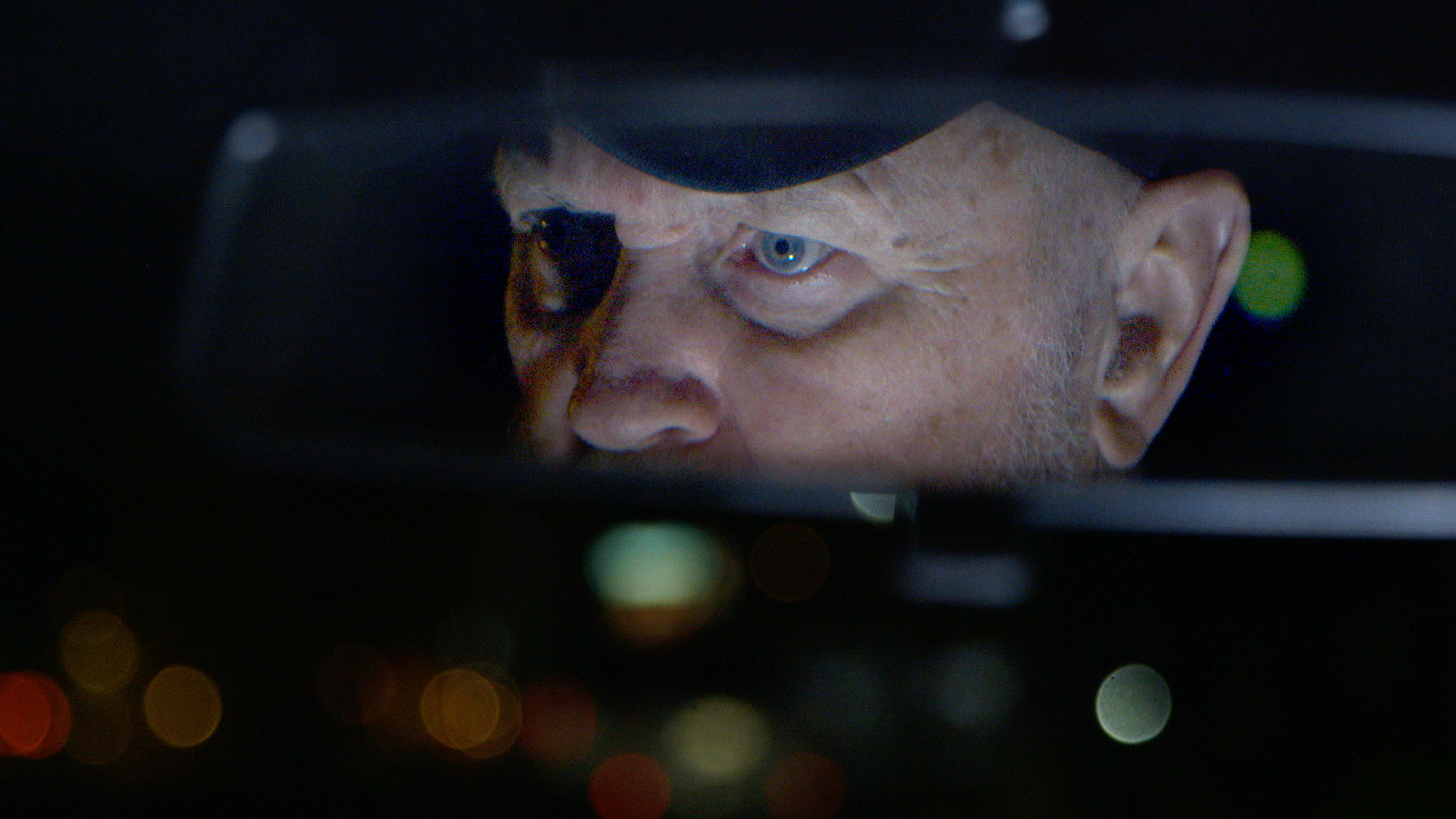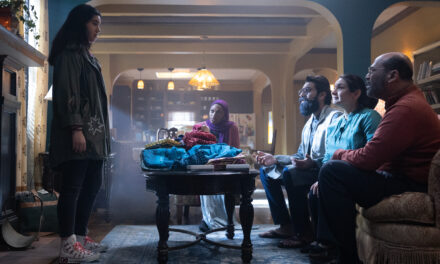The ‘Me Too’ movement has its beginnings in 2006. It was first as a viral hashtag on My Space by activist/creator Tarana Burke. This was done to create a community around women of color who had been victims of sexual assault. Many people in the world have come to know the movement around #MeToo’s 2017 resurgence concerning Harvey Weinstein. Actress Alyssa Milano encouraged other women to speak out about their experiences. During the opening of the On The Record, Burke speaks about how Black women did not feel connected to the resurgence of the #MeToo movement. 22 Percent of Black women have experienced rape, are less likely to be believed, and face higher homicide rates when it comes to violence from an intimate partner. With this in mind, how did something that has done so much good in holding that accountable alienate those who it was initially created for?
The On The Record documentary directed by Kirby Dick and Amy Ziering centers around the numerous allegations against record label mogul Russell Simmons. It first had support from Oprah Winfrey who had pulled her name because she wanted a broader story. Much of the movie follows Drew Dixon, who worked as an A&R in the early ’90s at Def Jam Records. She was responsible for putting together 1995’s The Show soundtrack which was number one on the R&B charts. She also worked with artists like Tupac, Dr. Dre, and Biggie and put together legendary songs like Method Man & Mary J. Blige’s collaboration, “You’re All I Need to Get By.” That framing is important because as for the contributions that Simmons has given rap music, women contributed to that as well. In the music industry, sexual harassment, especially during that time, was seen as something that was instilled in the workplace culture.
Dixon chronicles the slow uptick in advances leading up to detailing her story of alleged sexual assault with Simmons in 1994. This is also joined by a former executive assistant for Def Jam, Sil Lai Abrams, and co-founder of Mercedes Ladies, Sheri Sher. As they tell their stories, you notice that they follow a similar pattern. It’s one thing to read these stories in an article. It’s another to see the toll that they have taken as they recount the events. Towards the end of the film, more women speak about their alleged assaults concerning Simmons in very graphic detail.
Even as Dixon left Def Jam, the alleged harassment didn’t stop there. When she moved on to Arista Records and finds more success working with artists like Aretha Franklin, Whitney Houston, and Lauryn Hill. Here, she speaks to advances from then-executive L.A. Reid. (Reid has denied Dixon’s allegations.) She chronicles rejecting these advances to where it cost her professional opportunities. (She was unable to sign artists like Kanye West and John Legend.) Dixon left the music industry entirely afterward and Arista was worse off because of it. She held on to her story for 22 years until she saw Beverly Young speak out of her alleged assault against then-Senate contender Roy Moore and actor Harold Perrineau release a post about in defense of his daughter, Aurora. Through the trepidation, those were some of the instances that pushed her to come forward.
This film takes you into the agonizing decision that Dixon has to face before she goes on the record with the 2017 New York Times story. You visually see her wrestle with this decision internally and that’s important. Many sexual assault victims do not report their stories on fears of backlash or not being believed at all. Dixon, specifically notes that she did not want to become toxic or a burden to her family. With Black women, the documentary speaks to race loyalty. The film cites two instances in particular; Anita Hill’s testimony in 1991 with allegations against then federal circuit judge Clarance Thomas and Desiree Washington with her rape case against Mike Tyson.
With Black women, there are a lot of things that they have to wear upon their shoulders when it comes to speaking about sexual allegations. In this case, Russell Simmons was considered one of the godfathers of the hip-hop culture. We already live in a world where Black people are subjugated to a lot of racism and prejudice – Black men, in this particular case, are highlighted. As said in the documentary, Black women often conceal their stories of assault because they don’t want to add on to that societal burden. This is often to the detriment of themselves. The documentary also speaks to colorism and misogynistic themes that are apparent throughout all of music. Either the preference of a certain type of lighter-skinned Black woman or the over-sexualization of them as depicted in music videos. All of this combined adds to the overall perception of Black women as not needing any type of respectful boundaries.
There are a couple of tragedies inside this documentary. There are stories of alleged sexual assault and the emotional pieces that have been taken from these women. It’s also the bright futures that have been snuffed out in an industry that needs more black women in executive positions. 20 women have come out with accusations against Simmons – to which he emphatically denies to this day. Only recently has Dixon returned to the music industry. After the story goes live, the healing begins. She plays the “You’re All I Need to Get By” record and leans back on her couch to finally relax. In telling her story, she has no longer seen herself as the victim – she’s the warrior she’s been seeking. As with all the women in this documentary.
As the #MeToo movement starts to move into other industries, it needs to include more than just the rich and the privileged. On The Record does a good job of showing that Black women feel like they have been forgotten during these advancements. For all of us to move forward, their voices need to be heard.













